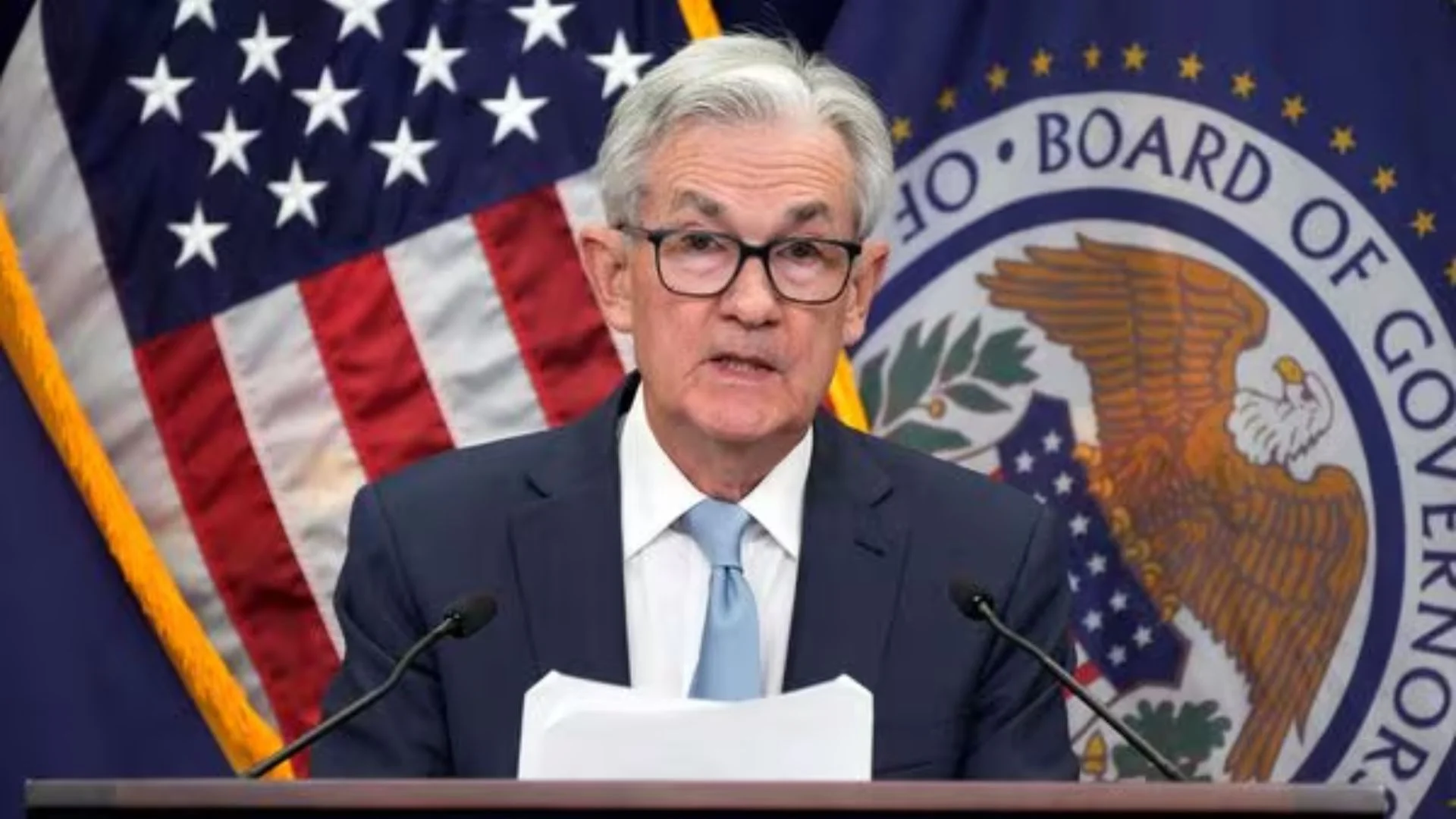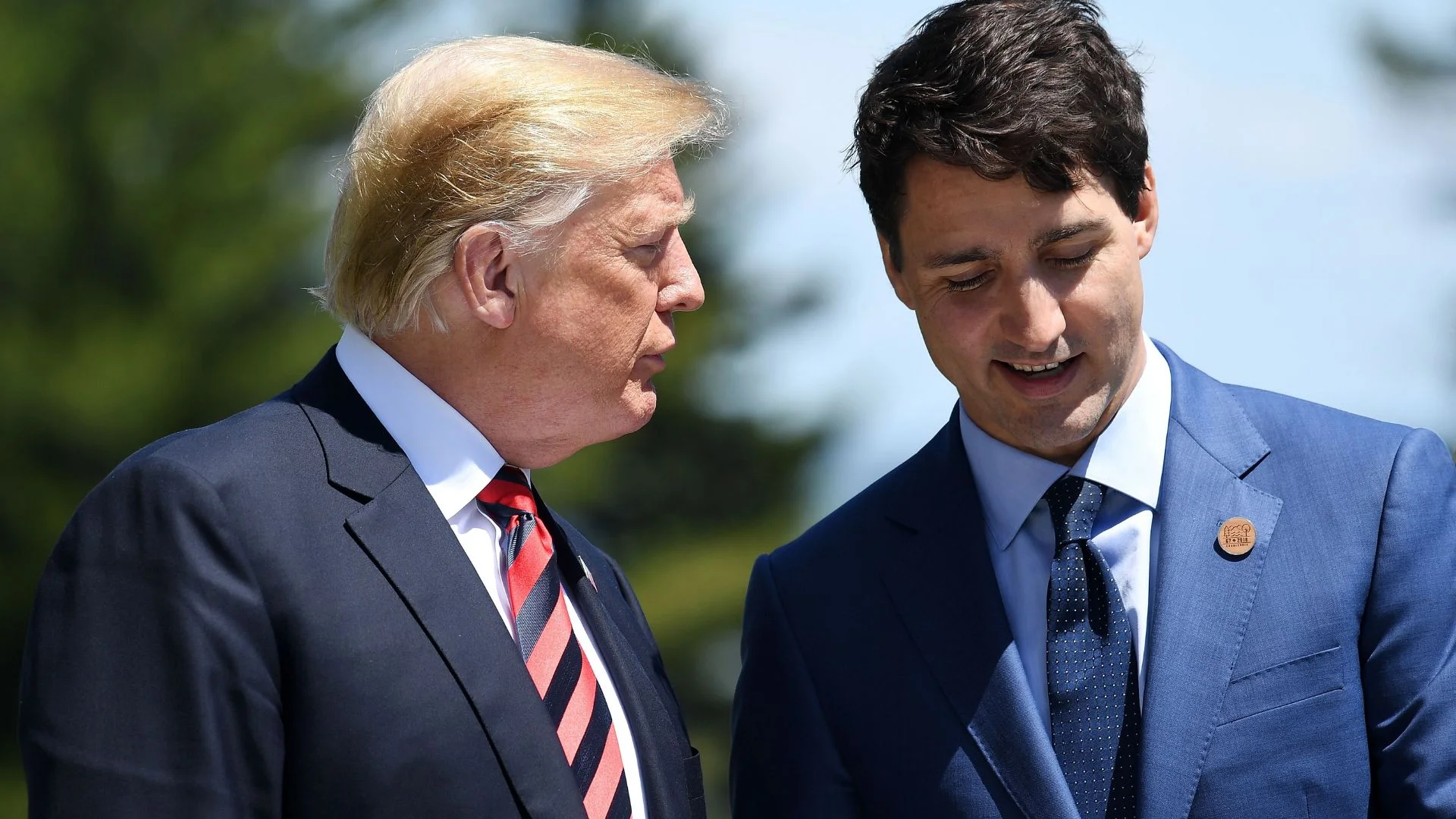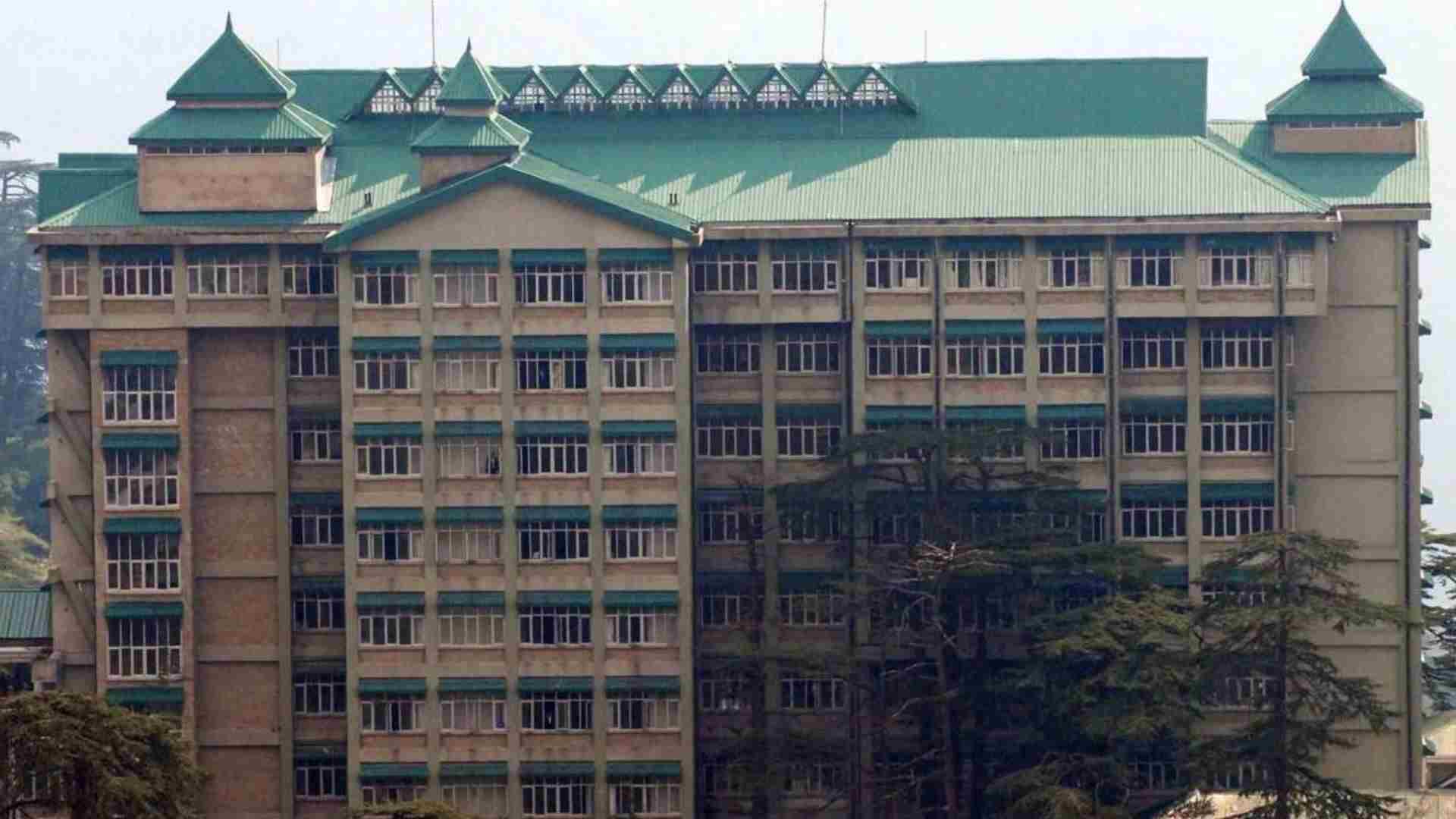
Himachal Pradesh has climbed to the fifth position among states with the highest loans, according to a recent report by the Reserve Bank of India (RBI). Deputy Chief Minister Mukesh Agnihotri highlighted the findings during his presentation of a White Paper in the House on Thursday. Agnihotri accused the previous government of misusing funds for electoral gains, resulting in a debt of Rs 92,774 crore by the end of the fiscal year 2022-23.
This statement caused an uproar in the House, with opposition MLAs protesting vocally. Despite the Speaker’s appeals for calm, the opposition remained unruly, leading to an adjournment until 2 pm and interrupting Agnihotri’s full report presentation.
Agnihotri further elaborated that the prior administration squandered Rs 16,261 crore on programs like Amrit Mahotsav, Progressive Himachal, Jan Manch, and Foundation Day. He claimed that these expenditures, particularly in the months leading up to the elections, caused the per-person debt in Himachal to jump from Rs 66,000 in 2017 to Rs 1,02,818. The state’s debt grew from Rs 47,906 crore in 2017 to Rs 76,630 crore by the time the BJP left power.
Agnihotri criticised the former Jairam government for raising a Rs 16,261 crore loan to finance their election campaign. He noted they made promises of revised salaries and allowances worth Rs 10,600 crore to employees but failed to pay arrears, leaving a pending amount of Rs 10,000 crore in salaries and a Rs 600 crore dearness allowance.
He added that the financial situation in Himachal is so dire that new loans are taken to settle old ones. Currently, the state needs Rs 9,048 crore for loan repayment, with Rs 3,486 crore for loan principal and Rs 5,262 crore for interest. Additionally, 13 out of 23 public sector enterprises are operating at a combined loss of Rs 5,000 crore.
Agnihotri also mentioned unfulfilled promises by the Finance Commission, which pledged funds for various projects but didn’t deliver, resulting in a shortfall of Rs 1,420 crore.
In response, Jairam Thakur criticised the White Paper, suggesting it was introduced for political reasons and labelling its discussion on Private Member’s Day as inappropriate and infringing on member rights.















